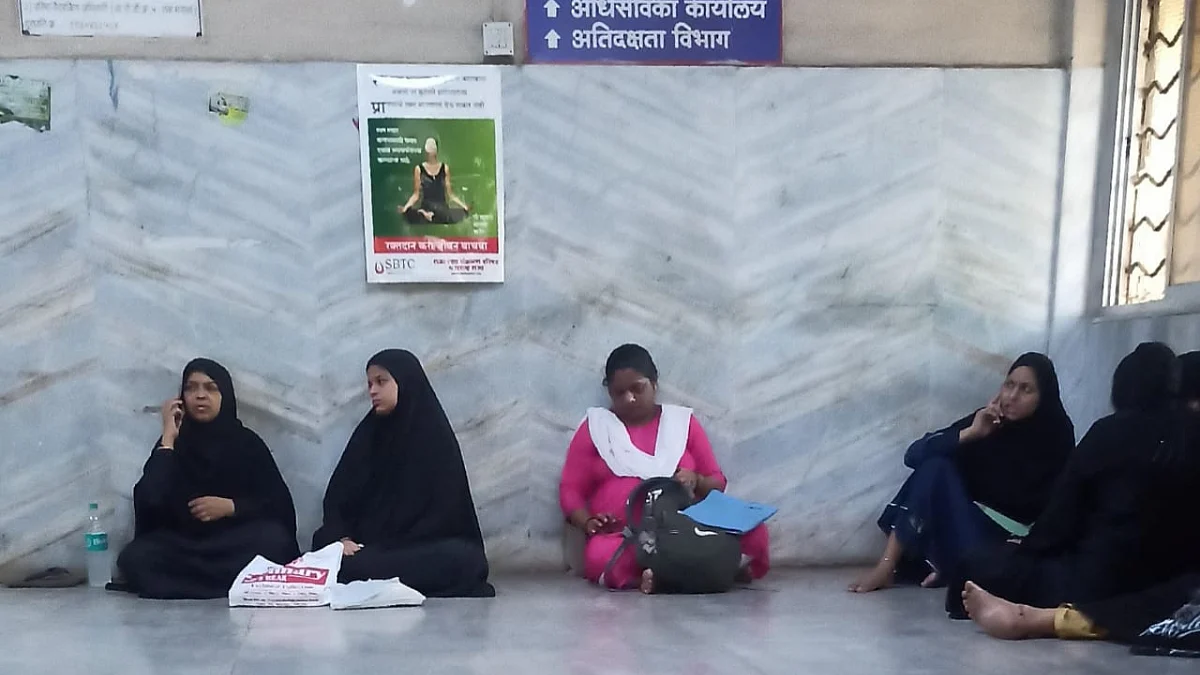Mumbai: Gay men, transgenders, and other gender minorities are asking for the lifting of the ban on them from donating blood or plasma.
A public interest petition recently filed in the Supreme Court by writer Sharif Rangnekar, a former Mumbai resident who is now based in Delhi, has challenged the constitutional validity of the Guidelines on Blood Donor Selection and Blood Donor Referral, 2017 dated issued by the National Blood Transfusion Council, and National Aids Control Organisation, Ministry of Health and Family Welfare, which permanently defers transgender persons, female sex workers and men having sex with men, from donating blood and being blood donors in a manner of blanket restriction.
Rangnekar, who has said in the petition that he is a gay man, has filed the petition on behalf of members of the LGBTQ+ community. He said that a blanket prohibition violates his right to equality, dignity, and life protected under Articles 14, 15, 17, and 21 of the Constitution.
The court is already hearing another petition, filed in 2021 by transgender activist Santa Khurai, who wants the 2017 guidelines to be struck down on similar grounds. Rangnekar's plea is listed for hearing on Friday.
Tracing the history of the ban, Rangnekar said that when the HIV/AIDS epidemic started in the United States, medical experts concluded that the disease could also be caused through blood transfusions. In 1983, the US put a lifetime ban on MSM (Men who have sex with Men), people with hemophilia - a condition that requires regular blood donations, and other high-risk groups from donating blood. Other countries followed with similar restrictions.
After 2020, many countries, including the US and Brazil lifted the ban, explaining that modern blood testing technology did not warrant such a ban. The US and Canada also stopped asking donors to declare their sexual orientation.
In his petition, Rangnekar has said that the Indian guidelines are based on a highly prejudicial and presumptive view taken about gay men in the 1980s in the US and has since been revisited by the majority of countries. Even viewed from a scientific perspective, such a blanket restriction on blood donation is based on an assumption that a particular group of persons may be suffering from sexually transmitted diseases. Medical technology and education, especially in the field of hematology have progressed by leaps and bounds in the 21st Century and screening of blood donors is conducted for every donation before a possible transfusion, the petition says.
Talking about the petition, Rangnekar said, "As a homosexual, the law denies me the basic right to donate blood even to people who may seek it from me. Amongst our many arguments in the petition, is one on untouchability. Are gay folks untouchable?"
Dr Vijay Kandewal, Additional Project Director, Maharashtra State Aids Control Society, did not comment on the guidelines. However, he said that in most cases, hospitals and blood banks do not insist that donors declare their sexual orientation. "We all know that people do not disclose it. Anyway, if the blood is found to be infected with HIV or hepatitis, it is discarded," said Kandewal.
Rangnekar said he wanted to donate blood legally. "While I can use social capital to donate blood or lie my way through the medical system, why should I? This petition is personally important but also significant for the community at large," he said, adding that gender stereotyping means that effeminate men or transgender persons will be turned away by blood banks.







